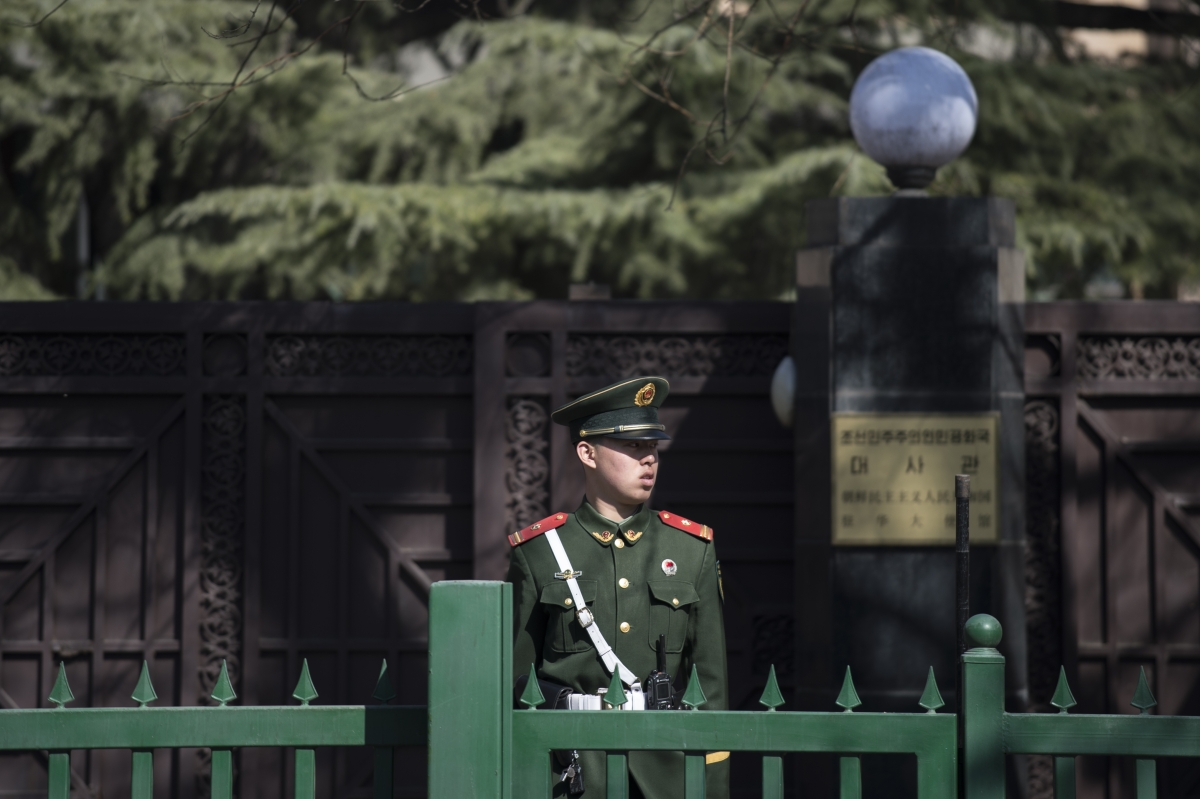North Korean Embassy Closures Point to Struggle and Starvation
East Asia Forum

The following is an excerpt from an op-ed by Emma Whitmyer, ASPI Program Officer, originally published in East Asia Forum.
In November 2023, North Korea decided to close its foreign diplomatic missions in Angola, Hong Kong, Nepal, Spain, Uganda, the Democratic Republic of Congo, Bangladesh, Senegal, and Guinea. These closures likely come as the result of financial hardship due to international sanctions as well as the aftermath of the COVID-19 pandemic.
But an impending domestic food crisis may also be behind the decision. For a country that prioritizes spending on its military and luxury goods for its elites, a food shortage would stretch limited resources even further.
North Korean foreign ministry spokesperson said in a statement on November 3, 2023 that "we are carrying out operations to withdraw and establish diplomatic missions in accordance with changing global environments and national foreign policy." But the likely reality is that the regime is struggling to support not only those living in North Korea but also those in missions abroad.
The North Korean leader's, Kim Jong Un, regime is under pressure from international sanctions that have been imposed in response to North Korea’s ongoing nuclear and ballistic missile testing and launches. The resolutions adopted by the United Nations Security Council have called for the reduction of North Korea’s diplomatic missions and consular posts and have expressed concern that North Korea has been abusing immunities granted to its diplomats.
Many of these resolutions were passed between 2006 and 2017. For years, Kim Jong Un has found creative ways to evade United Nations sanctions to import luxury items, but his reserves might be running low. The announcement of embassy closures could be a sign that the government is looking for ways to trim back in an effort to continue to afford the leader’s lifestyle.
